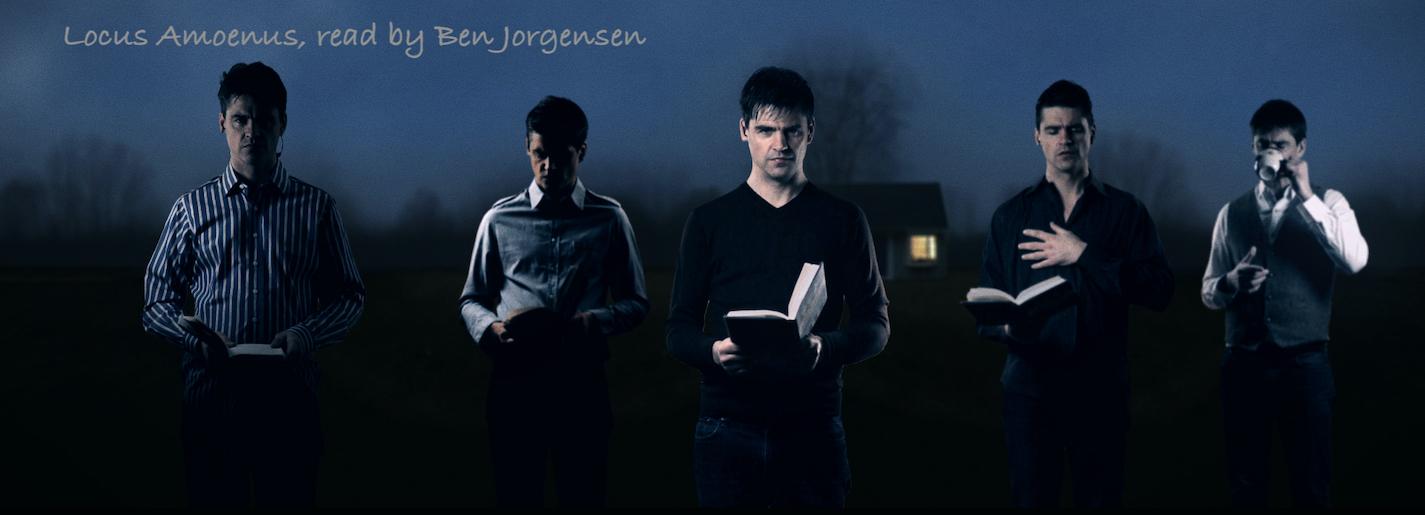 My second novel may not get quite as much attention as my other two novels (with pretty females on their covers), but Naked Singularity is my personal favorite and I’m happy to announce that it’s finally available on Kindle. The subject is dark — euthanasia — but heavy as it is, it’s also darkly comic. Here’s a thoughtful review from poet Gerrit Henry published when the novel first appeared in 2003.
My second novel may not get quite as much attention as my other two novels (with pretty females on their covers), but Naked Singularity is my personal favorite and I’m happy to announce that it’s finally available on Kindle. The subject is dark — euthanasia — but heavy as it is, it’s also darkly comic. Here’s a thoughtful review from poet Gerrit Henry published when the novel first appeared in 2003.
Alexander, Victoria N. Naked Singularity.The Permanent Press, 2003, Sag Harbor. 189 pp. One of the many dark beauties of Victoria N. Alexander’s new novel is that, not only is it the proverbial good read, it is also a proverbially brilliant one. Alexander–holder of a PhD–has dished up a heart-stoppingly beautiful heroine who holds similar degrees in teleology (the study of why) and she thinks, and writes, like a dream. Witness this sample from a soliloquy by Hali on death: “You had thought death would at least be romantic, but now you realize there is nothing to be thankful for–how vacuous, how colorless, how without pity, how without regard for your intentions . . . . ” This, from a piece of popular fiction, is almost asking too much in the matter of sheer, unabused style. Continue reading
